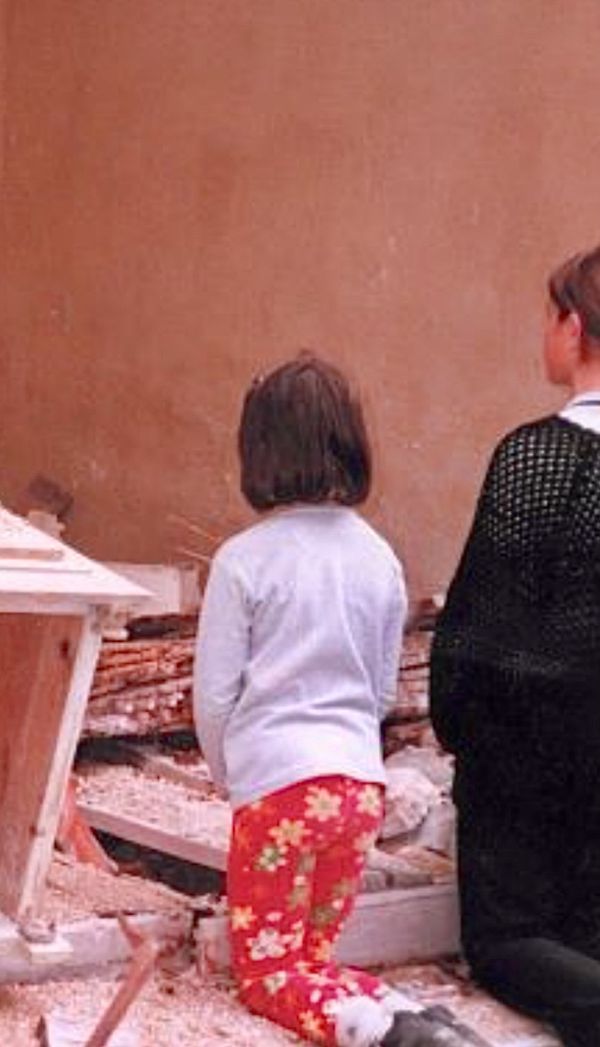(Mt 18:21-19,1)
Throughout the ancient Middle East, non-disproportionate retaliation one to one [not cruel] was a sacred law.
Forgiveness was a humiliating and absurd attitude, an incomprehensible principle to anyone experiencing any injustice.
Conversely, in the dynamic of Faith, forgiveness becomes a power, which not only makes the air breathable, but activates our personal destiny.
Peter instead wants to know the limits of forgiveness (v.21).
Historically, at the end of the first century the picky, severe, style of the synagogue and of the Empire [«divide et impera»] reappear in believers.
A question arises: will we have to stop welcoming?
In addition, in the same churches one begins to think that someone has sinned in lese majesty towards those who - now hard and heartless - are used to being revered.
Veterans who make trouble more than others and then dot on the minutiae of others (the weak brothers, considered subjected and destined to the fiscal rigour of moralisms, as well as penances).
While religious discipline exacerbates minute defects, the very experience of the disproportion between the forgiveness received from the Father and what we are able to offer to the brothers, makes us understand the need for tolerance.
Church should be this space of the experience of God who return life, an alternative place of fraternity.
Imperial society was harsh and uncompassionate, with no room for the small and shaky, who unassumingly sought any refuge for their hearts - but no religion gave them an answer.
Synagogues, too, identified material and spiritual blessings. Cloaked with requirements, purity rules and fulfilments, they did not offer the warmth of a welcoming place for the weak.
The issue was that in the early Christian communities themselves, some people insisted on the rigour of norms, customs and hierarchies, demanding coexistence based on the Judaizing model.
Furthermore, as the Letter of James testifies, towards the end of the first century the identical divisions of society, between miserables and wealthy, were already beginning to manifest themselves in the churches of Christ!
Welcoming space of the communities that in the Spirit had been given the task by the Lord to enlighten the world with their seed of life as a ‘shelter for all’ (and of alternative relationships) ran the risk of becoming again a place of conflict, judgement, punishment, condemnation.
«So also my heavenly Father will do to you, if you do not condone each one to his own brother from your heart» (v.35).
Divine forgiveness becomes effective and evident only in the testimony of the Church (v.35) where sisters and brothers - instead of showing themselves to be meticulous, let themselves be guided by a Vision of new heavens and new earth.
For this reason - without any effort, indeed blessing the needs of others as territories of preparatory energies - they live the communion of resources and remit even material debts, a misery.
Otherwise, we would always have to live in the incumbency of an indulgent God perhaps, but at times, and according to the cases retracting the doing of mercy.
It would be a life without surprising developments, all weighted down in a swamp of little pennies.
Instead, it’s the active energy of the Faith that doesn’t condemn us to trudge.
The magnanimity that comes out of the automatisms shifts our gaze and brings us an ineffable and growing wave, far ahead of what we can imagine.
Our surrenders are preparing new developments - the ones that count, without limitations.
The "win-or-lose" alternative is false: you have to get out of it.
[Thursday 19th wk. in O.T. August 14, 2025]


